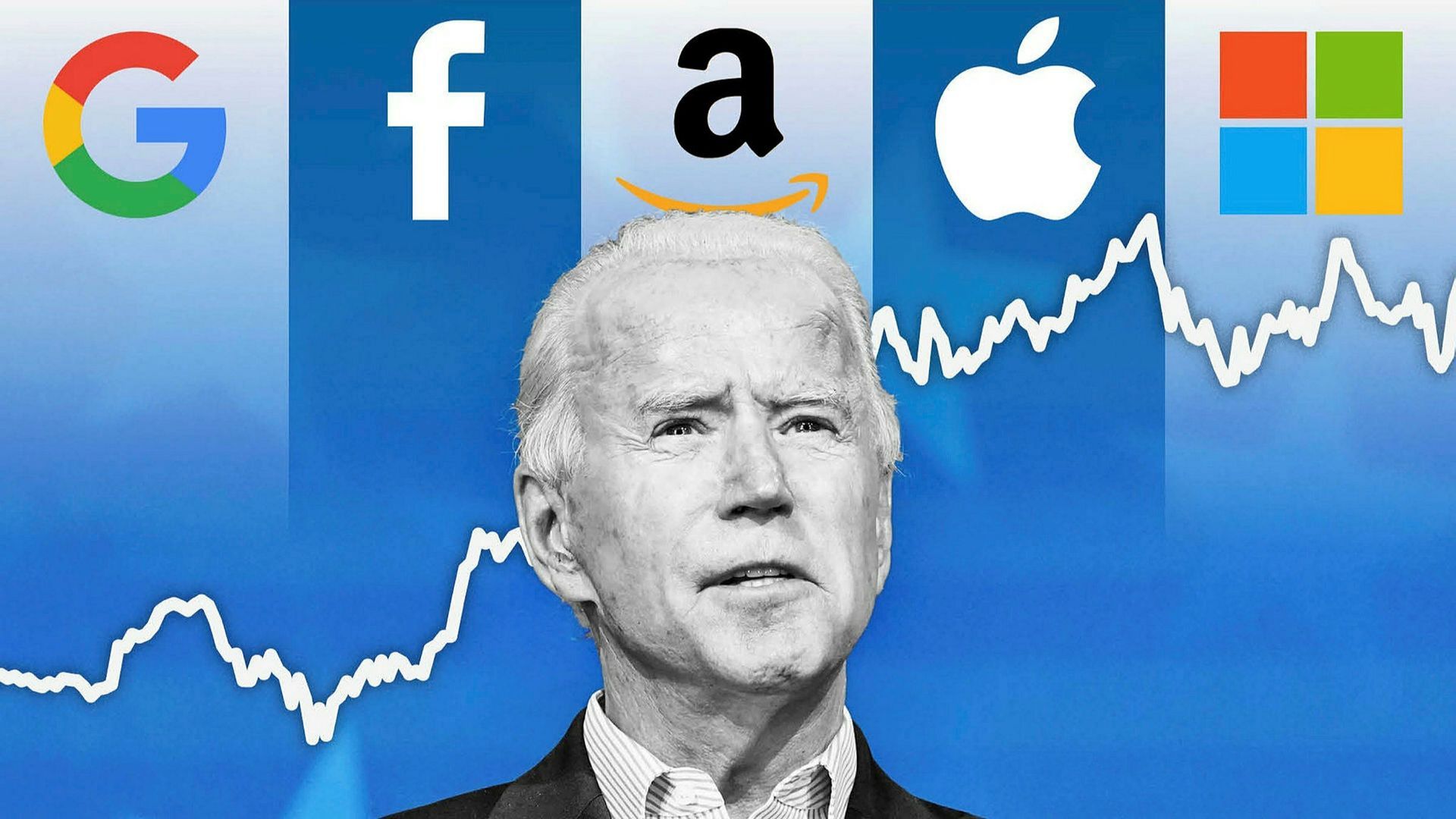President Joe Biden delivered his second State of the Union address on Tuesday and took the opportunity to address concerns about big tech companies. Throughout his hour-long speech, the president criticized tech companies for their data collection practices, the use of targeted advertising to young users, and anti-competitive business practices. He called for bipartisan support from Congress to pass legislation that would regulate these companies and protect the privacy of American citizens.
“Capitalism without competition is not capitalism, it’s exploitation,” Biden said. He also mentioned various tech-focused legislative proposals that have received support from the public but have not made much progress in Congress, including regulation of surveillance advertising and antitrust reform.

Joe Biden is concerned about children on social media
Biden expressed his concerns about the effects of social media on children’s well-being, calling it an “experiment” on kids for profit. He stated that tech companies use personal data to direct users towards extreme and polarizing content in order to keep them engaged and spending more time on their platforms.
In a recent op-ed for The Wall Street Journal, the President called for both Democratic and Republican lawmakers to pass federal privacy legislation that would set clear limits on how companies can collect sensitive data, including location, health, biometric, and other information. He also indicated his interest in reforming Section 230 of The Communications Decency Act.

Additionally, President Joe Biden has advocated for fairer competition policies that would prevent larger tech companies from stamping out smaller competitors. Although Joe Biden doesn’t mention the word “antitrust” specifically, his administration is filled with top antitrust advocates who are critical of big tech companies, including FTC Chair Lina Khan and DOJ Assistant Attorney General Jonathan Kanter.
Biden wants tech companies to be transparent
President Joe Biden has previously urged tech companies to be more open about their data collection practices and to allow the government to have insight into how algorithms work. Some people in the social media industry and advocates have raised concerns about the negative impact of algorithms on public health, such as contributing to social media addiction and psychological stress.
Recently, demands for greater algorithmic transparency have gained support from Republicans for different reasons. On the right side, political figures and Twitter CEO Elon Musk have accused social media platforms and their algorithms of suppressing conservative views. The GOP members of the newly formed Select Subcommittee on the Weaponization of the Federal Government in the House of Representatives plan to investigate tech companies for potential “collusion” with the government.
Is Joe Biden right about social media’s influence on younger individuals?
There is growing concern among experts and the general public about the impact of social media on younger individuals. Research has shown that excessive use of social media can have negative effects on mental health, such as increased anxiety and depression. Additionally, social media algorithms can contribute to the spread of misinformation, polarization, and extremist ideologies.
On the other hand, social media can also have positive effects on younger individuals, such as connecting them with others and providing them with access to information and resources.

Overall, the relationship between social media and younger individuals is complex, and it’s important for policymakers and tech companies to consider both the potential risks and benefits when developing policies and products.
In conclusion, President Biden’s State of the Union address showcased his commitment to the regulation of big tech companies and his concerns about the effects of their practices on American citizens, particularly children. He is calling for bipartisan support from Congress to pass legislation that would address these issues and protect the privacy of citizens.





